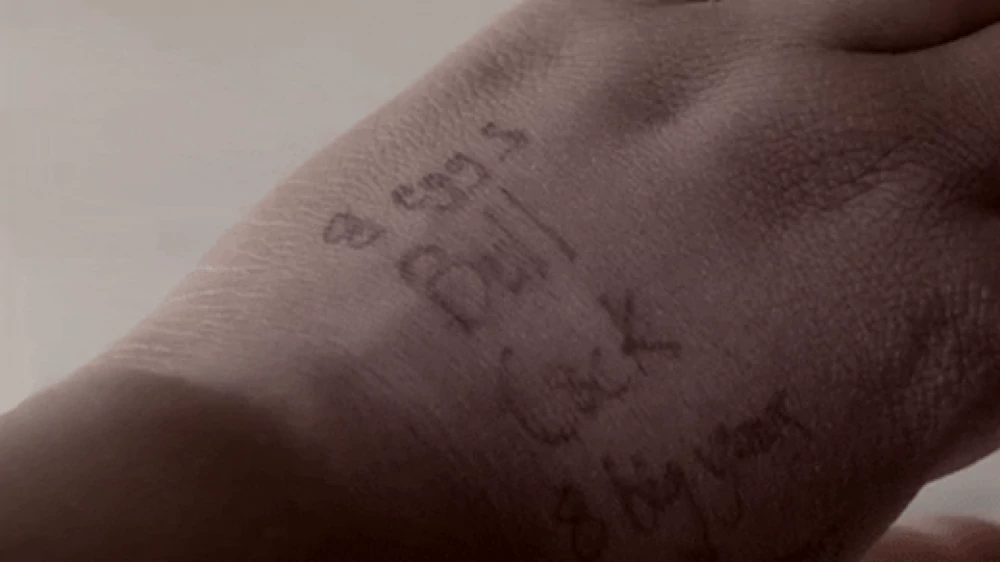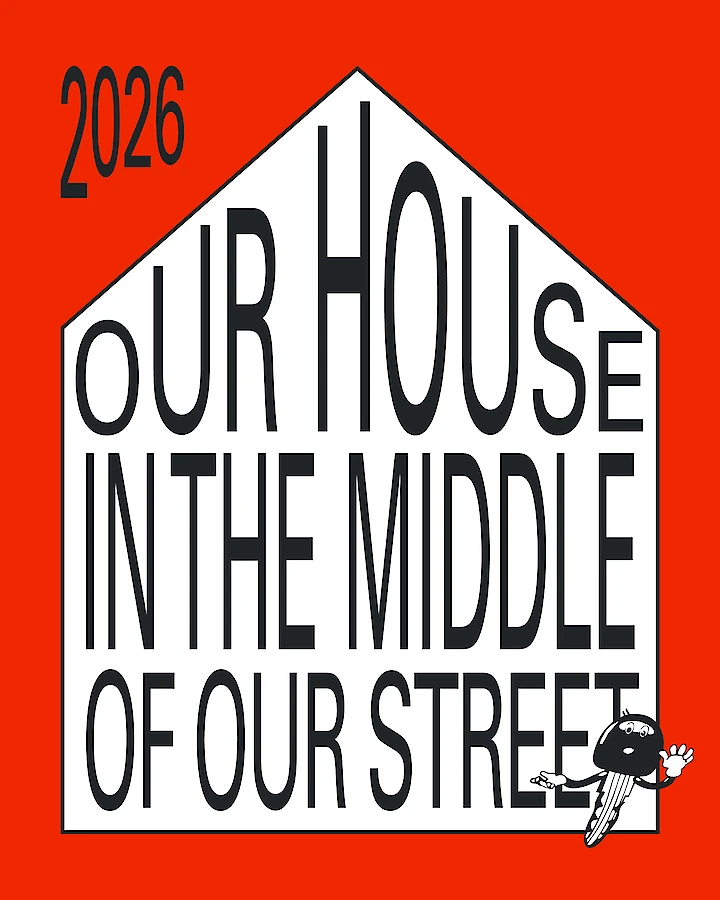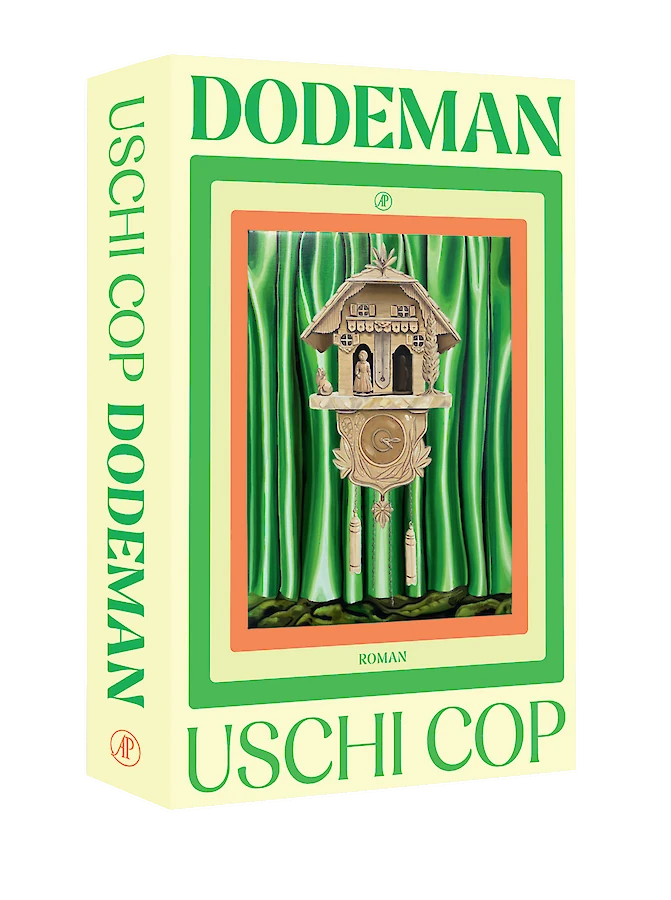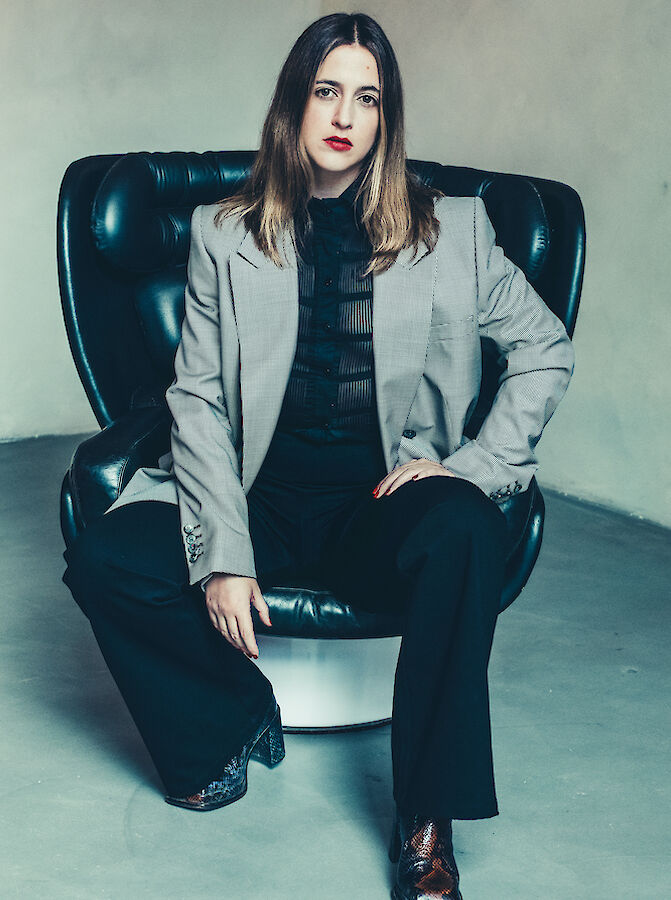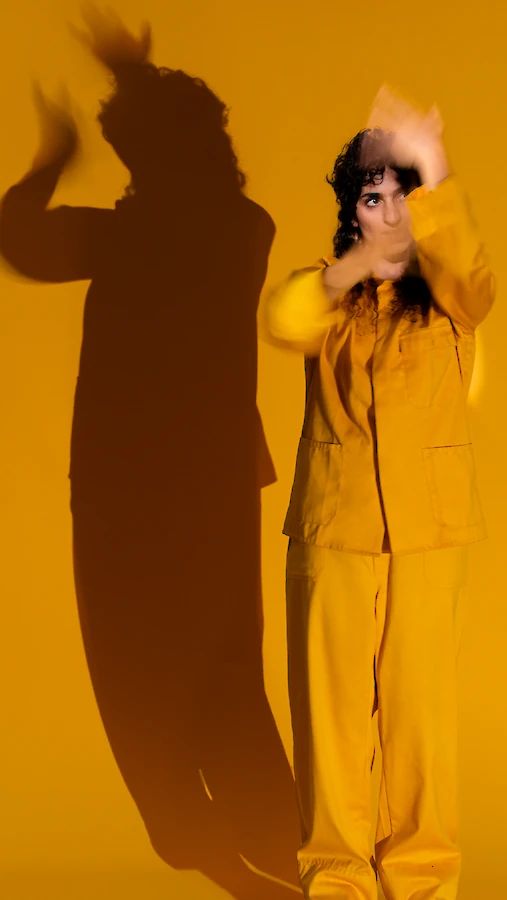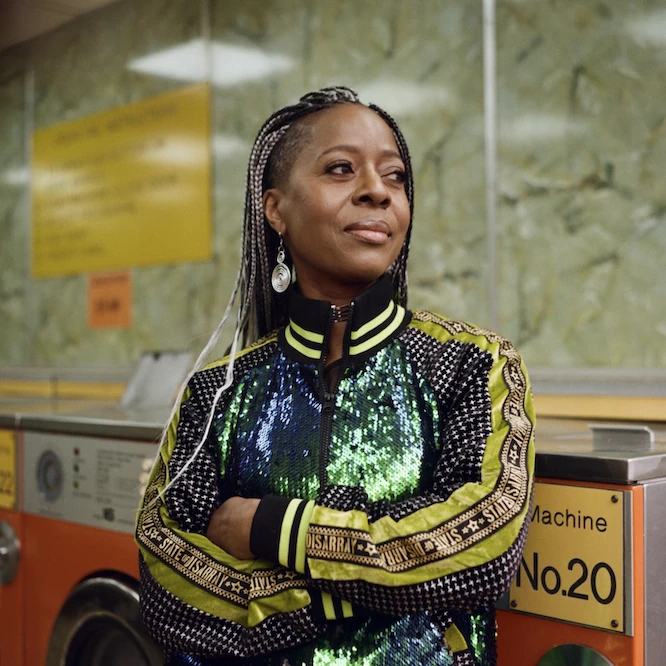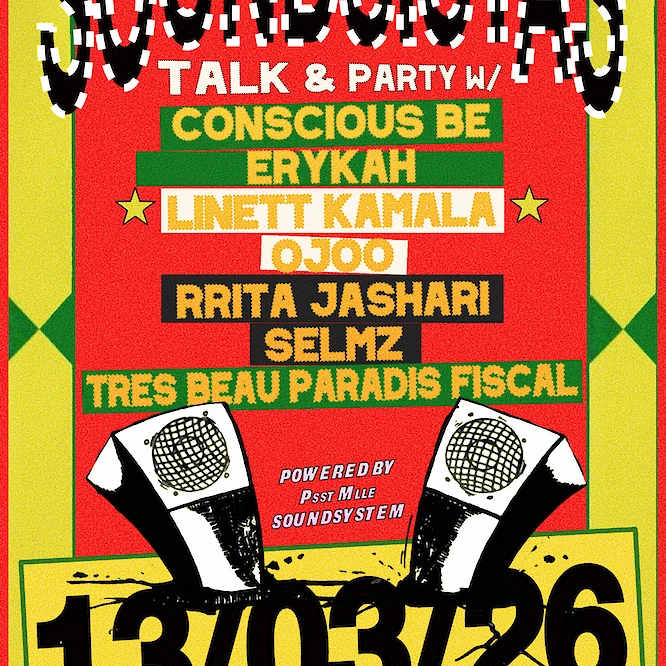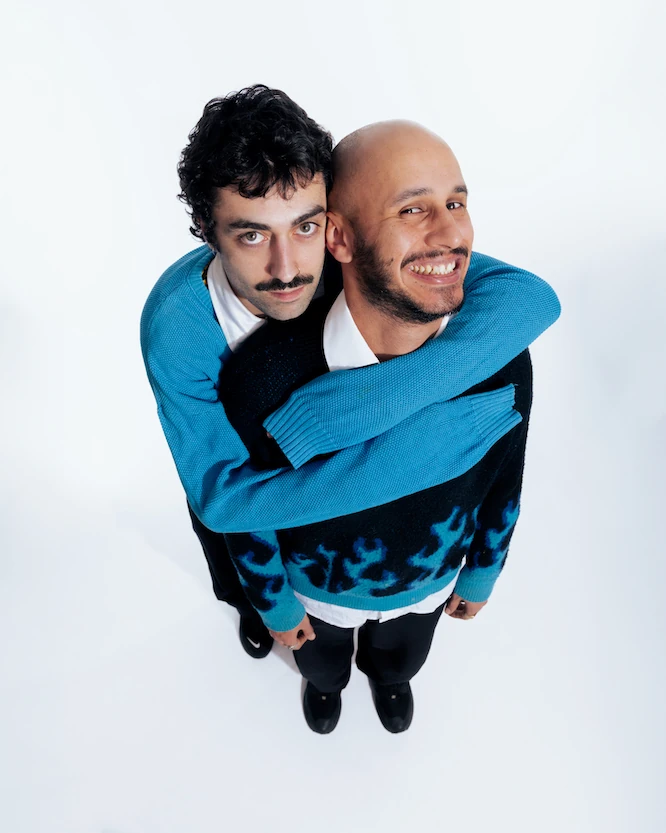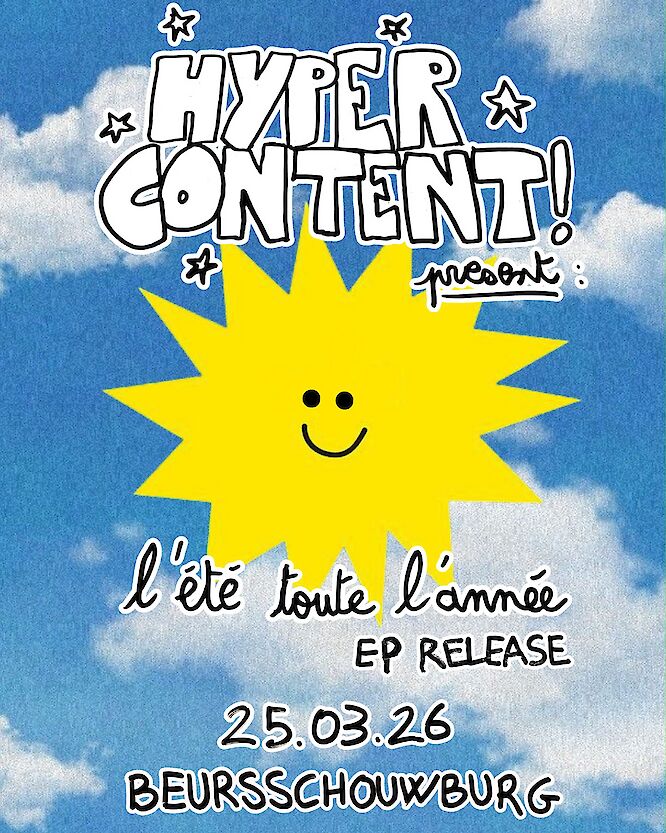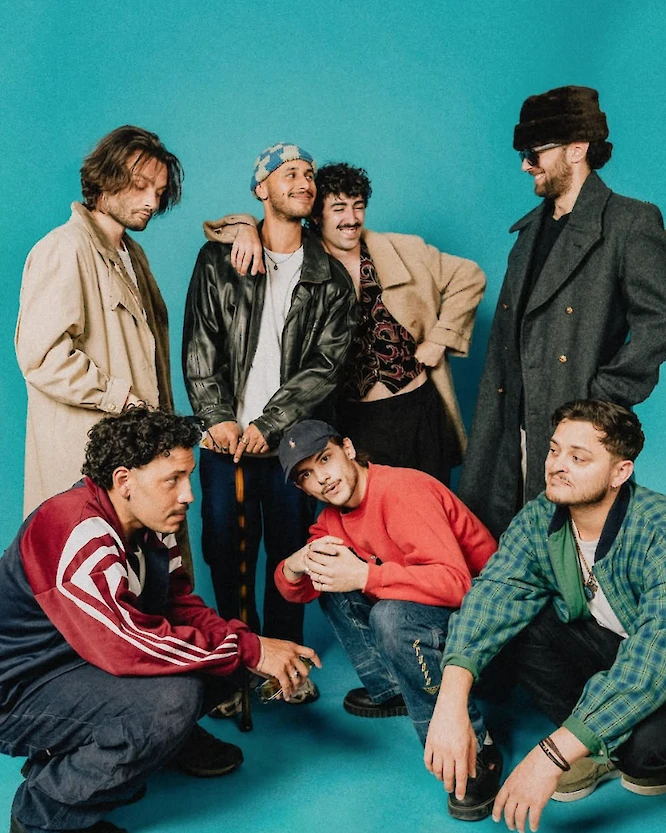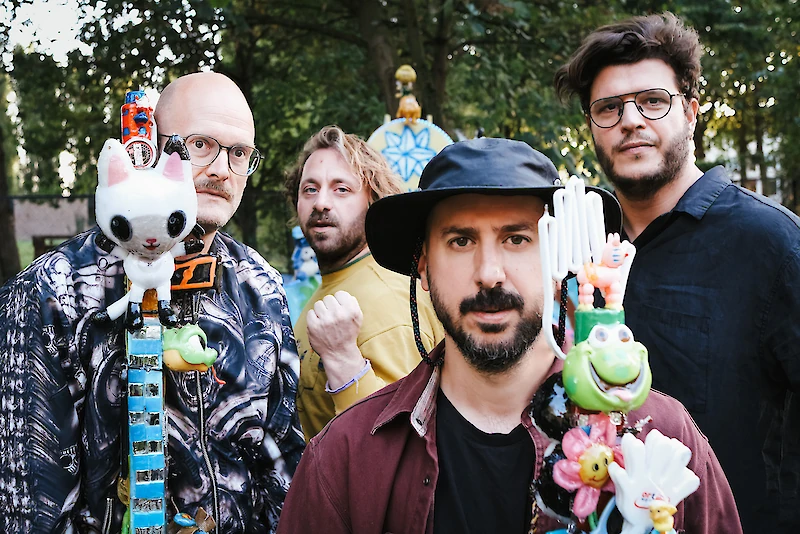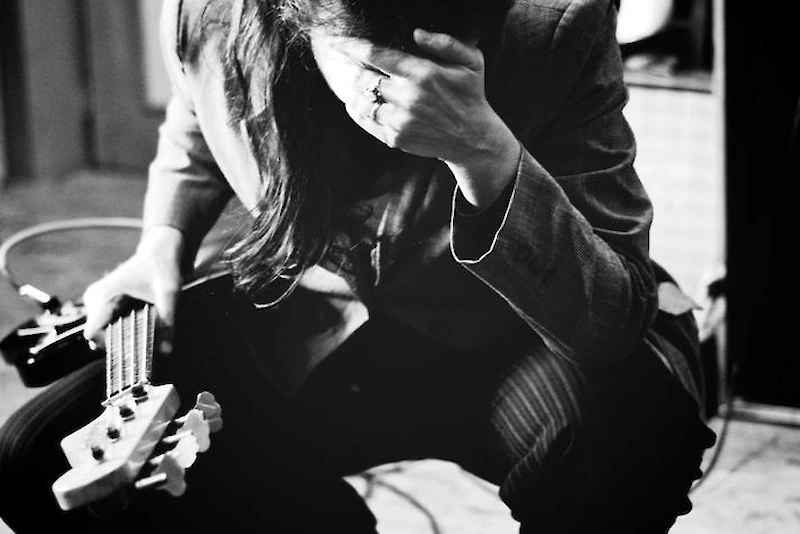Onyeka Igwe 8 yams, 8 small yams, 8 eggs, a cow and a cockerel
A screening and meal recounting personal olfactory and gustatory experiences of recompense.
€ 6 / 9 / 12
"He brought out the cow and the eight chicken eggs and one white cock and eight large yams and eight small yams, and told Igwe to take these things and give them to the people of his town so that he and they could hold the ritual eating together, in order to reconcile them from that day forward." - Omenuko, Pita Nwana (1933)
The screening of 'the names have been changed, including my own and truths have been altered' (2019), accompanies a lunch inspired by a meal of atonement described in the film, and is followed by a time for sharing, discussing and writing.
The film is a story of the artist’s grandfather, the story of the ‘land’ and the story of an encounter with Nigeria—retold at a single point in time, in a single place. The artist is trying to tell a truth in as many ways as possible. the names have changed tells us the same story in four different ways: a folktale of two brothers rendered in the broad, unmodulated strokes of colonial British moving images; a Nollywood TV series on VHS, based on the first published Igbo novel Omenuko (1933); a story of the family patriarch, passed down through generations; and the diary entries from the artist’s first visit to her family’s hometown.
The work unfolds as a tale of reconciliation and reparation, invoking the ancestors, the history of slave trade in Nigeria and the archive as depositary of “invisible images”. Such gathering feeds into Onyeka’s ongoing research around “traditions and practices of reparation across time and geography that emanate from the law, the land and the body”.
In English
WHO?
Onyeka Igwe is an artist and researcher working between cinema and installation, born and based in London, UK. Through her work, Onyeka is animated by the question — how do we live together? — with particular interest in the ways the sensorial, spatial and non-canonical ways of knowing can provide answers to this question. She uses embodiment, archives, narration and text to create structural ‘figure-of-eights’, a form that exposes a multiplicity of narratives. The work comprises untying strands and threads, anchored by a rhythmic editing style, as well as close attention to the dissonance, reflection and amplification that occurs between image and sound. Her works have been shown in the UK and internationally at film festivals and galleries. She was awarded the New Cinema Award at Berwick Film and Media Arts Festival 2019 and the 2020 Arts Foundation Fellowship Award for Experimental Film.
>> check out the looped screening by Minia Biabiany (SA 13:00 - 22:00)
